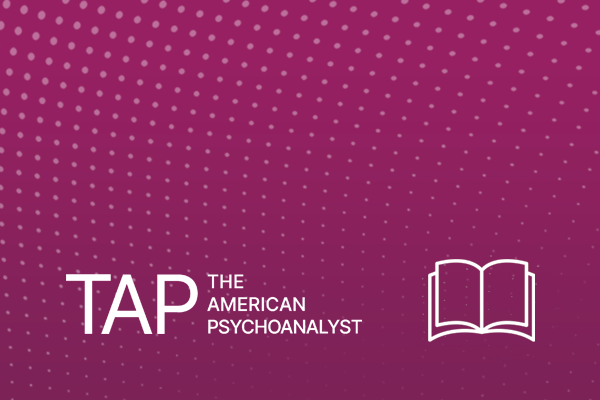Children and adolescents often behave in ways that puzzle and worry their parents, teachers and friends. Sometimes their behavior reflects passing problems that arise in reaction to temporary stresses and eventually disappear. But sometimes the troubles do not go away by themselves.
Children and parents may feel guilt, shame, and anger as they struggle to understand these problems, why they are happening, and what to do. Families and schools can get stuck in a confused cycle of blaming and helplessness.
Rather than feeling guilty or helpless when faced with a child whose behavior cannot be explained or modified, parents can turn to psychoanalysis for assistance.
Psychoanalysts are highly trained mental health professionals who may suggest an array of techniques to help children with mental health treatment needs. For example, some children may benefit from medication, some may benefit from in-depth psychodynamic therapy, some from both. Every child and every problem is unique.
Psychoanalysts can help:
- Evaluate a troubling situation
- Understand different treatment options
- Find the best treatment for each individual child
Psychoanalysis is an Individual Approach
Two children or adolescents can have similar symptoms, but their underlying difficulties may be very different and require different treatments. A thorough evaluation usually includes a series of interviews with parents and with the child or adolescent in order to learn about the current problems, how the parents have been responding, the child and family’s history, possible precipitating events and potential genetic and physical contributing factors. At times, educational, medical or neurological examinations may be needed.
Psychoanalysts Approach Each Child Individually
- They respect each child and adolescent as a unique individual within a family and a community.
- They understand that unconscious factors outside a person’s awareness influence feelings, thoughts and actions.
- They help children, adolescents and parents understand how the past shapes the present, and can influence the future.
- They help children and adolescents become happier, more caring, productive and creative.
- The goal of child and adolescent analysis is the removal of symptoms and psychological roadblocks that interfere with normal development.
Psychoanalysis is the best treatment when:
- Other therapies and attempted solutions have failed to deliver deep, long-lasting change.
- The emotional or psychological difficulties are primarily the result of unconscious conflicts. When children or adolescents are not aware of the underlying issues that affect their feelings, behavior, and relationships to family, friends, or teachers, and these troubles interfere with the development of their personality, they may need intensive help to explore and master them.
- Children or adolescents have several and/or complex emotional disturbances. Such children may have intense and dramatic emotional states, may hunger for positive or negative social responses, may be clingy, hyperactive, or have temper tantrums. Sometimes these children also have been diagnosed with attention deficit/hyperactivity disorder, conduct disorder, separation anxiety disorder, or mood disorder.
- Psychoanalysis is often the best treatment because the intense relationship formed between the child/adolescent and analyst enables children, either through play, action, or words, to express and exhibit their problems to the psychoanalyst. The psychoanalyst then can help the child or teen understand and solve the problems.
Parental Involvement is Crucial to Success
Parents play a key role in the success of child and adolescent psychoanalysis. Parents are the most important adults in a child’s or adolescent’s lives. Psychoanalysis helps people of all ages be more active and engaged in their own lives, teaching them to recognize and manage their feelings and develop their strengths and adaptations for their weaknesses. Regular communication regarding the progress of analysis is shared between the psychoanalyst and parent(s) or guardian(s) and is provided for in every treatment plan.
What Kinds of Problems or Symptoms can Psychoanalysts Help With?
- Anxiety
- Fearfulness
- Sleeplessness
- Nightmares
- Night terrors or sleepwalking
- Excessive sadness or depression
- Physical symptoms without physical cause
- Extreme aggression
- Cruelty to animals or people
- Disturbances in conduct or behavior
- Excessive sibling rivalry
- Bullying, or being a scapegoat or a class clown
- Risk-taking
- Compulsive thinking or rituals
- Learning disorders
- Inattentiveness and disinterest in learning
- Excessive shyness and separation problems
- Lag in emotional and social development
- Eating disorders
- Loneliness or isolation
- Preoccupation with death
- Suicidal thinking or behavior
- Sexual Issues



